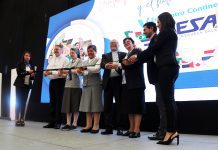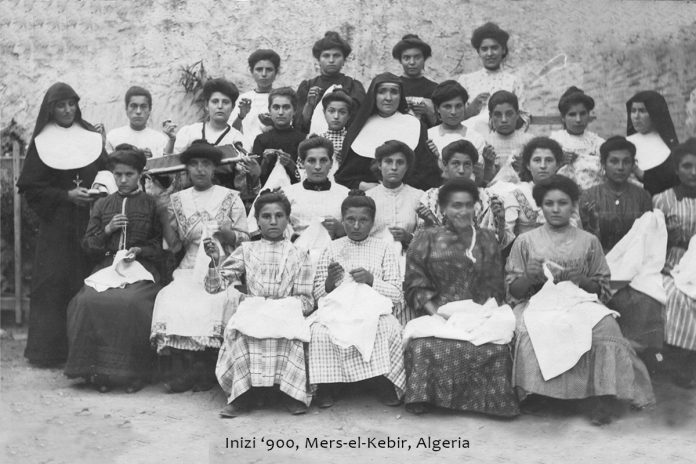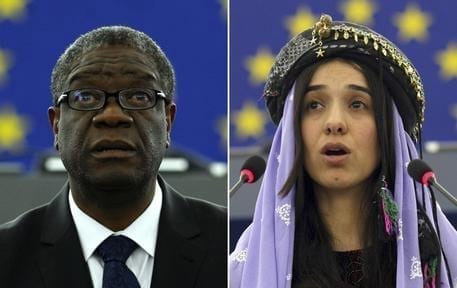Rome (Italy). Labor Day, which in many countries of the world is celebrated on 1 May 2024, can be an opportunity to deepen the binomial “work – temperance” that Don Bosco indicated as distinctive for his sons and daughters. This was also the secret of its esteem that also benefited in openly anti-clerical circles. The Daughters of Mary Help of Christians have taken up this teaching by making it the path of holiness for themselves and for so many young people who have been welcomed into their homes.
Mother Caterina Daghero (1856 – 1924), the first successor of Saint Mary Mazzarello in the guidance of the Institute, wrote this letter in 1909, to accompany the Strenna of the Rector Major, Fr. Michele Rua: “For the daughter of Mary Help of Christians whose life is summarized in the well-known motto: Work and Prayer, I believe that the best means of keeping time well is this: 1. work according to obedience; 2. work with a spirit of faith; 3. work in union with Jesus.”
The title of the Strenna was “Fili, conserva tempus, et tempus conservabit te. Ejaculation: Jesus in my mind, Jesus in my mouth, Jesus in my heart.” She translates it this way, “O daughter, use time well and time well spent will preserve you for eternity.”
In fact, the work that is assigned, but also the one received in the face of a need or a request, under certain conditions, contributes directly and indirectly to the growth of the Kingdom of God. If it is consciously lived in faith and in communion with Christ, it frees energy and directs it to the educative mission.
While working, the FMA educates to work with work. With boarding houses for workers and the preparation of girls for extra-domestic work, the FMA of the first decades of the twentieth century experienced a new educational frontier that placed them alongside working women and accompanied their path of emancipation.
Mother Henrietta Sorbone, Vicar General, writes: “The Councilor [Mother Eulalia Bosco] then, knowing that many of our Houses Professional schools of work and domestic economics were started, replacing schools of middle education, (which is now being replaced by the new concepts to which the Italian women’s culture is informed), invites the dearest Superiors of these Houses to prepare by the end of the next school year, a brief report of what they have already done in this regard. Meanwhile, she is pleased to announce that a program for our professional schools is being prepared, informed of course, with the educational criteria suggested by our Ven. Founder and Father, and responding to the needs of the times” (Cir. 94 of 24 April).
It is said that work ennobles man, provided that it is lived as participation in the creative action of God, as collaboration in the realization of the Kingdom of God, as expression and development of personal talents employed for the common good. We need precise conditions: a humanizing context, just wage, effective recognition of the dignity of each worker, etc.
The FMA, in harmony with the teaching of the Church, perceive the need not only to “teach a job”, but also to fully educate the young workers. In fact, in the same year, referring to the thoughts of the Superior General Mother Luisa Vaschetti, the Vicar General invites the FMA to seek “to make themselves docile and pleasant instruments in order to make our young workers accept just and precise norms that, little by little, contribute to the formation of conscience, beliefs, character; are sources of happiness in present life and security for life future. For this purpose [Mother Luisa] suggests not to omit, possibly during work, a short daily religious instruction and a few minutes of reading.”
For work to be humanizing, time and resources must also be devoted to formation and all the Superiors recommend this choice. Mother Angela Vespa (1187 – 1969), in Circular No. 428 of 24 October 1959 writes, “We support the formation of the young Professed women in particular. We renounce the help that they could give today in order to have a better tomorrow. This is a necessity, willed and blessed by Heaven and our dear Institute.”
In all the Circulars of the General Superiors of the Institute, the theme of work in its many meanings, is recurrent. In a study recently carried out by Sister Susanne Stachl on the Circulars of Mother Marinella Castagno, Superior General from 1984 to 1996, one is pointed out, “For Mother Marinella, the choice to put Christ at the center of life also includes love for work,… neither success nor efficiency are the categories that really matter, but only if it helps young people to realize God’s plan for their lives… [Mother Marinella] describes how much work is a means of sanctification, but only to the extent that it is oriented towards God and the mission.”
At a time when work often seems a right to be conquered or defended, the experience of the Daughters of Mary Help of Christians is in continuity with the words of Pope Francis, “Work is but the continuation of God’s work: human work is the human vocation received by God at the end of the creation of the universe” (Homily, 1 May 2020).




















